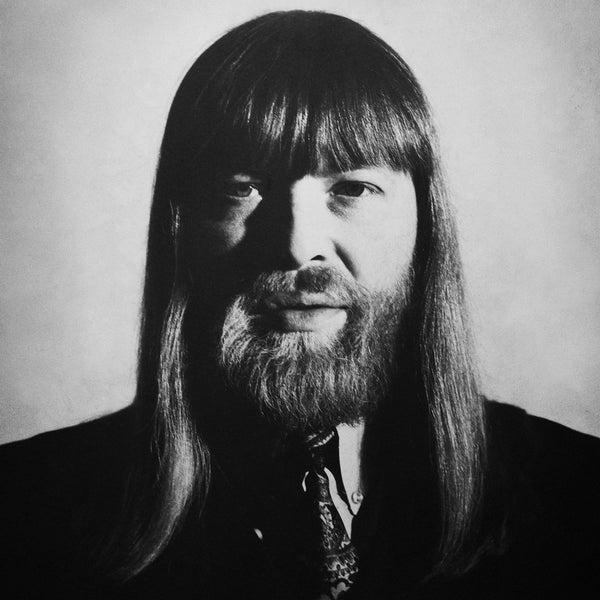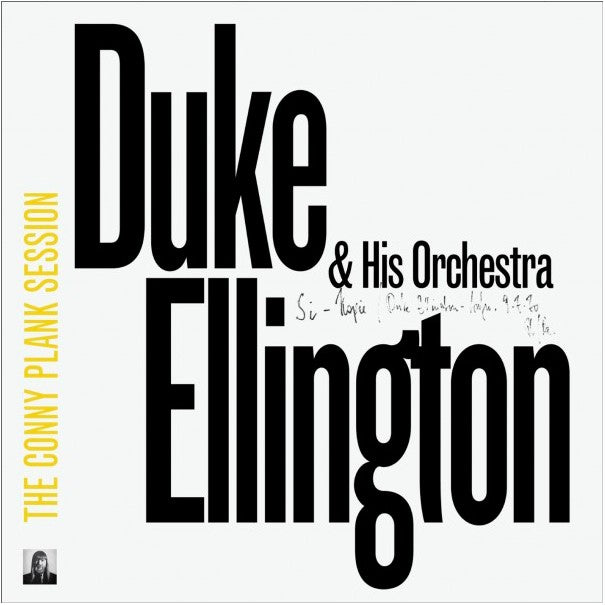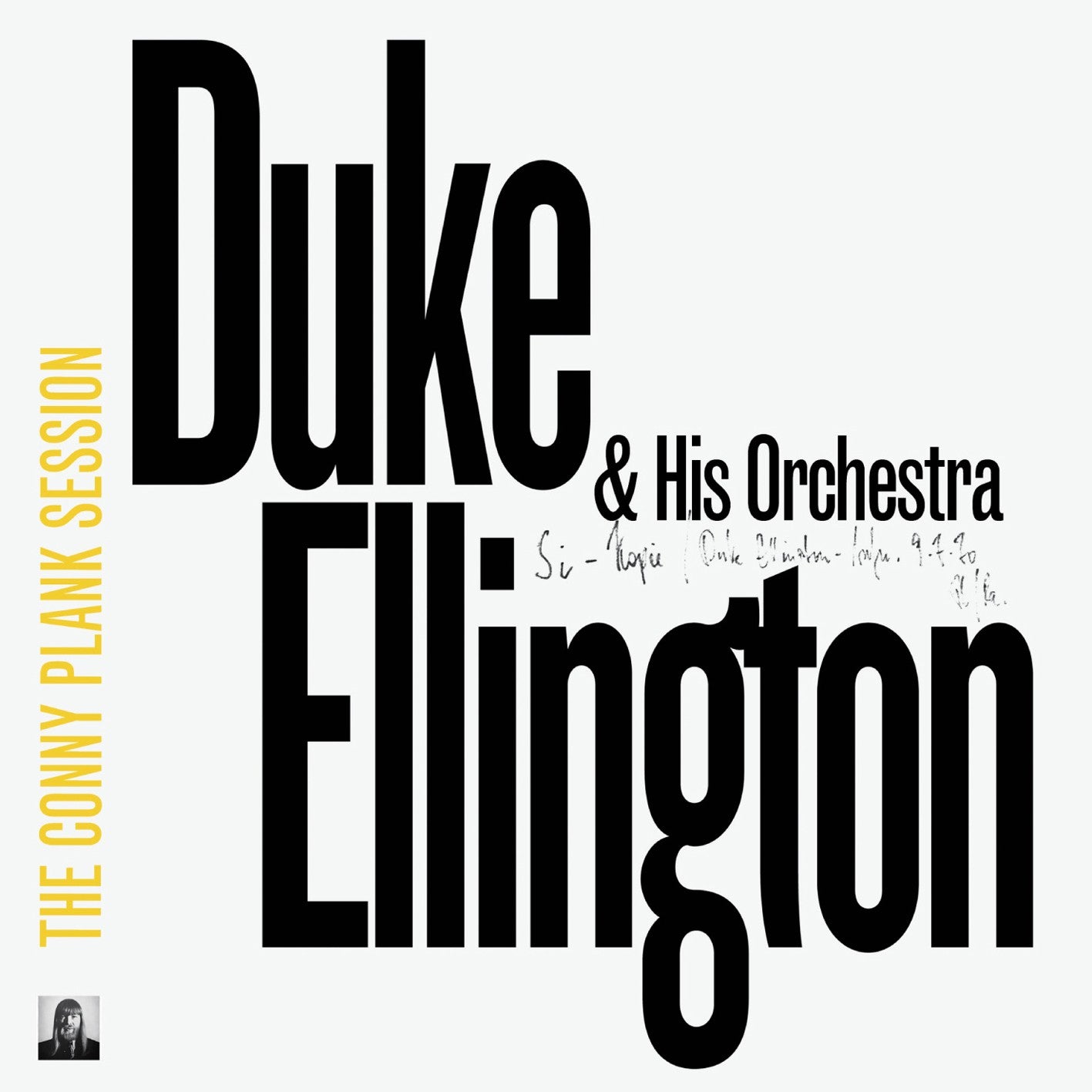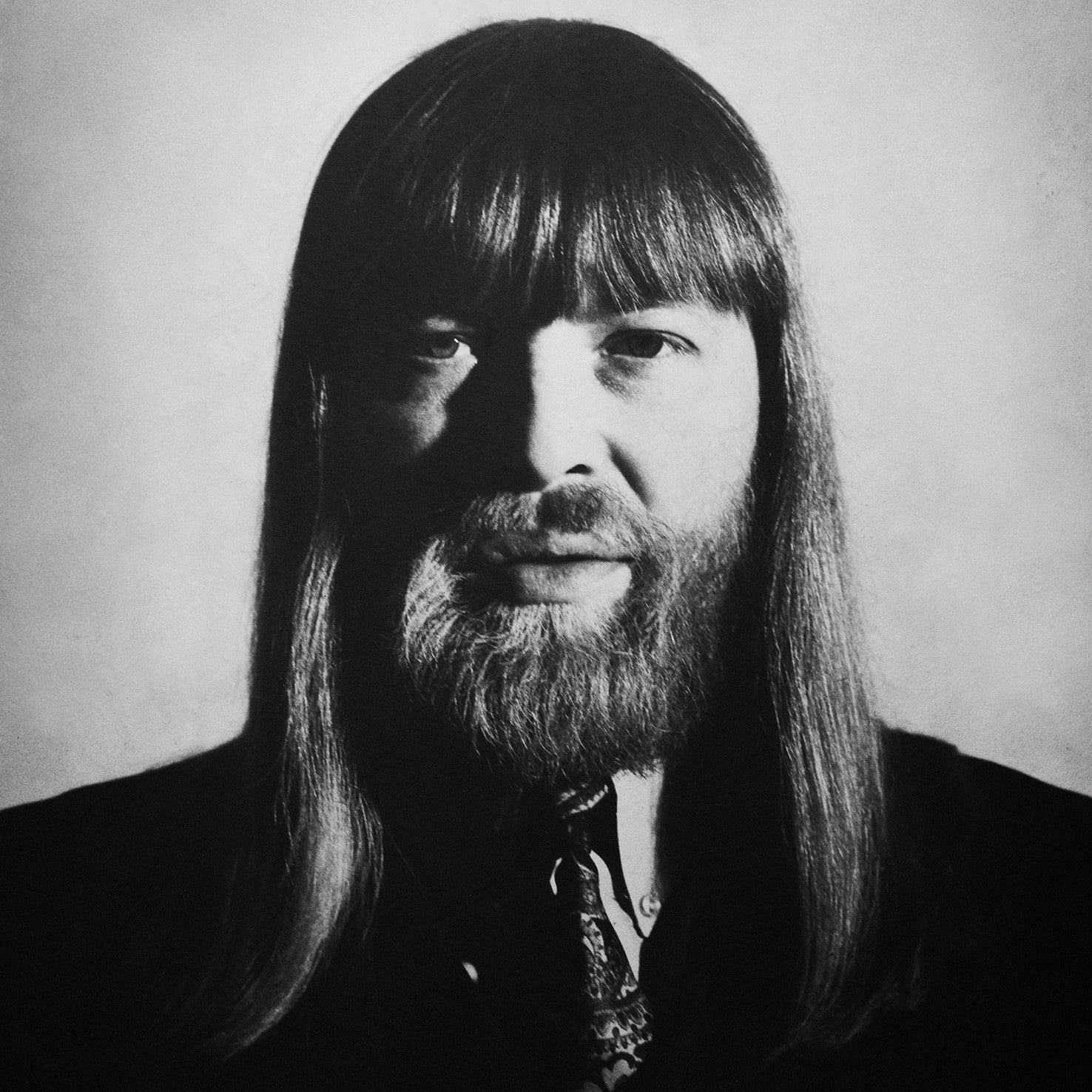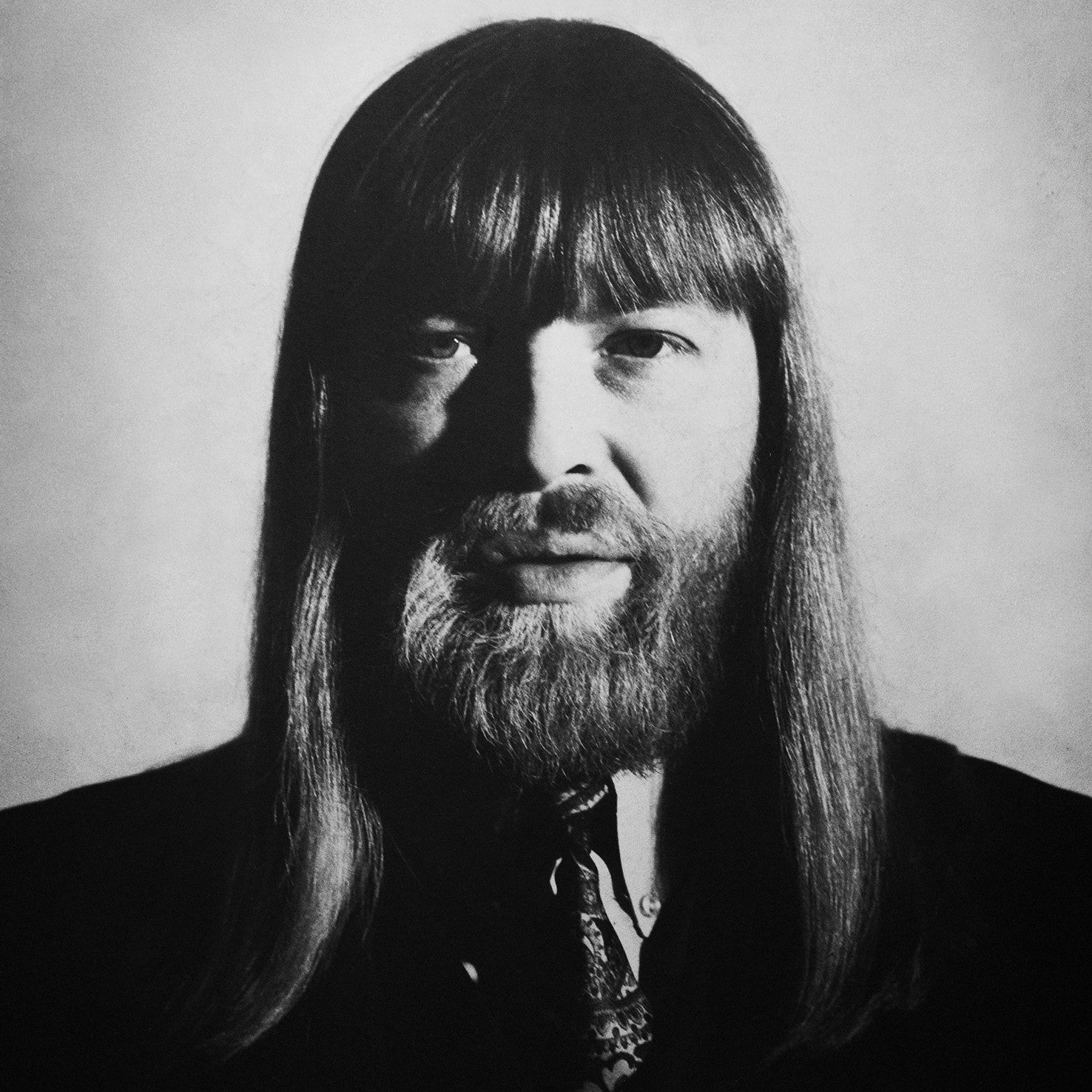Conny Plank
Conny Plank, the sound alchemist and visionary music producer, created timeless soundscapes with his unique intuition. His studio in the converted pigsty produced masterpieces, leaving behind not only gold records but also an era of groundbreaking music.
The producer's task, as I understand the job, beyond the technology, is to create an atmosphere that is completely free of fear and reservation, to find the most naive moment of 'innocence' and then to press the button in time so that the moment is captured. That's all. Everything else can be learned, it's a craft.
Conny Plank
Who`s That Man – A Tribute To Conny Plank
It is the mid-1980s. A German music producer is introduced to a band from Dublin by a British colleague. In the Brit's opinion, the German is exactly the right man to produce the Irish band's next album. After a brief meeting with the band, however, the German comes to the opposite conclusion: "I can't work with this singer," he says and turns down the job. "This singer" was Bono Vox, the band U2, the albumThe Joshua Tree, the British producer was Brian Eno and the German Conny Plank. This story is typical for Conny Plank The producer, described by contemporary witnesses as extremely amiable, could quickly forget his amiability when it came to the work ethic and the ignorance of the media and the music industry.
Anyone who was socialized with adventurous music in the 1970s and early 1980s would have been familiar with the name Conny Plank not over, provided he had the habit, not uncommon among music lovers, of reading the small print on record sleeves.
The sentence “Produced by Conny Plank“ was printed on dozens of record covers, including quite a few that are now considered classics – albums by Kraftwerk, Neu!, La Düsseldorf, Kluster, Michael Rother, Ash Ra Tempel, Scorpions, Brian Eno, Can, Ultravox, DAF, Devo, Eurythmics.
Konrad Plank was born on 3 May 1940 in Hütschenhausen in Rhineland-Palatinate. He started working in the studio of the West German Radio in Cologne in 1963, then moved to the Rhenus recording studio in Cologne, where he worked as an assistant and as the responsible sound engineer on recordings by artists as diverse as Marlene Dietrich, Duke Ellington and Karlheinz Stockhausen As a freelance producer in the late 1960s and early 1970s, he worked on records such asTone Float, the only album of Kraftwerk's predecessor band Organisation, on the first two Kluster albums knock signal andTwo Easter eggs, and the eponymous debut of power plant. From then on, things took their course. Conny Plank became the driving force behind the most important experimental German bands of the 1970s. Although he himself, in his own modesty, saw it quite differently. "The producer's task, as I understand the job, beyond the technology, is to create an atmosphere that is completely free of fear and reservation, to find the completely naive moment of 'innocence' and then press the button in time so that the moment is captured. That's all. Everything else can be learned, it's a craft," he says. Plank in one of his rare interviews (from the Musikexpress from February 1982). This is a gross understatement, which Planks musical experimentation, the willingness to take risks, the breaking of established patterns of thinking and the search for new musical forms of expression. Midge Ure, singer and guitarist of Ultravox provides a perfect example of Conny Plank's radical working method. During the recordings for the albumU-Voxfrom 1986, Ultravox had the song “All In One Day” by Beatles producer George Martin write an orchestral arrangement. Midge Ure: “This very expensive arrangement has Conny then sent through a distortion pedal because he thought that was how an orchestra should sound. Conny, he turned things into something unique, he was a musician, an artist."
Conny Plank was a star producer at a time when producers were not yet stars.
Music producers were already influencing artists in the 1950s and 1960s. If you think of the inventor of the “Wall of Sound” Phil Spector thinks of Elvis discoverers Sam Phillips and especially to George Martin, who redefined the role of the modern producer because he brought the sound of Beatles to the limits of popular music. But they all acted in the background. The producer as star – Rick Rubin, Steve Albini, Danger Mouse, to name just a few - was invented in the 1980s. Since then, a wide variety of producer types have emerged. There are those who see their job as recording the music as faithfully as possible to the original and spend hours on positioning the microphones correctly. Others intervene more or less artistically. Conny Plank was a bit of everything. For cluster (Hans-Joachim Roedelius and Dieter Moebius) he was the secret third band member, for many others an almost equal partner who developed ideas together.
But he has not imposed a particular sound on any band, because "everyone gets the sound they deserve", has Plank emphasized in the interview quoted above.
He saw his role as that of a medium between the musicians, the sound and the tape.
The interview mentioned shows Plank as someone who consciously acted in the background, a person for whom modesty was a virtue. Before the interview, he demanded from the journalist “a good reason” why readers should be interested in a story about him. After all, he was just someone who turned buttons and moved controls. Beforehand, the reader learns that Plank hung his gold records on the toilet – a not unironic act of gentle rebellion against the insignia with which the music industry celebrates itself. A few lines further on, the producer then gives the reason why, years later, he would refuse to support a band like U2 to produce: "For the first time in six months I have been able to produce only what I want to produce. That means that for the first time I can turn down things that would bring in a lot of money as productions if I don't want them. In the last six months that has happened twice."
Conny Plank was always one step ahead of contemporary studio technology. Using self-made devices and equipment and a modified mixing console, he transferred his artistic visions to tape. Using a complicated recording process, he anticipated the polyphonic sampler by years. Brian Eno once rightly called him the "inventor". Midge Ure emphasized Planks Preference for sounds. "He was very different from the producers I had worked with before because he was thinking about sound all the time. He created these wonderful, unique atmospheres."
Michael Rother, which with Conny Plank For years, as a member of Kraftwerk, Neu!, Harmonia and as a solo artist, he remembers. It has Conny There was no other sound engineer/music producer in the music landscape who would have accompanied us in our search for a new form of expression, our own musical identity in this form. Conny and we were just natural partners. He had this huge talent for intuiting our intentions and creating very special soundscapes despite the minimal studio technology at the time." Plank loved the sound of the machines.
"I like synthesizers when they sound like synthesizers, not like natural instruments. If you use a drum machine in electronic music, that's fine, but not if the machine pretends to be a drummer," he once said.
In the summer of 1974, Conny Plank his own recording studio in Wolperath, 35 kilometers southeast of Cologne. It was housed in the former pigsty of a farm. In the years to come, it would become a well-attended meeting place for musicians. "It was great, so relaxed. We lived there, it was like our home. That was good, it was a very creative environment," remembers Midge Ure.
Also Dieter Moebius has worked for many years with Conny Plank has worked together in a wide variety of constellations – with Hans-Joachim Roedelius and Conrad Schnitzler at clusters, after Schnitzler’s departure as a cluster with “C”, with Harmonia and in duo Moebius & Plank:"We worked a lot with coincidences. The first take was the best take, you didn't have to tinker with it too much. It was more about the work that came after, the post-production, the editing. Conny even edited 24-track tapes, which is a very special art. When working at the desk, there was a bit of fine-tuning, but when recording, perfectionism was secondary. "Michael Rother confirms this first-take policy based on the recordings of the track “Hero” on the albumNew! 75: “The first take usually has a very special magic. As Klaus Dinger recorded the vocals for 'Hero', I sat with Conny in the control room. Klaus screamed out his anger and despair. Conny and I just looked at each other and thought: 'Exactly, that's it'. But Klaus said: 'No, no, I have to record that again, I have to do it better'. The second take was actually 'more correct' in the sense of being more organised, but this 'correct' was simply not as strong and gripping as the emotional first take, which still fascinates me and many people today. "Rother gives Plank the greatest compliment that a musician can pay a producers can do:
"I have been giving so many interviews around the world for a few years now. And if the interviewer doesn't come up with the idea on his own, then I take the floor and say: We have to think of Conny Plank, remind ourselves and the fans of our music of his crucial creative contributions, and thank him for them. If only the band or the musicians are mentioned, that doesn't go far enough. We wouldn't have been able to produce (and not only) the Neu! albums in the 70s without Conny."
Conny Plank died of cancer on December 18, 1987 at the age of just 47. He was not able to live to see the time when music producers were celebrated like superstars. The "hippie, the big bear who indulged in his creative madness with incredible energy and passion" (Michael Rother's words) would be a superstar himself today. But he probably wouldn't care and would hang up a few more gold records - on his toilet.
Albert Koch


